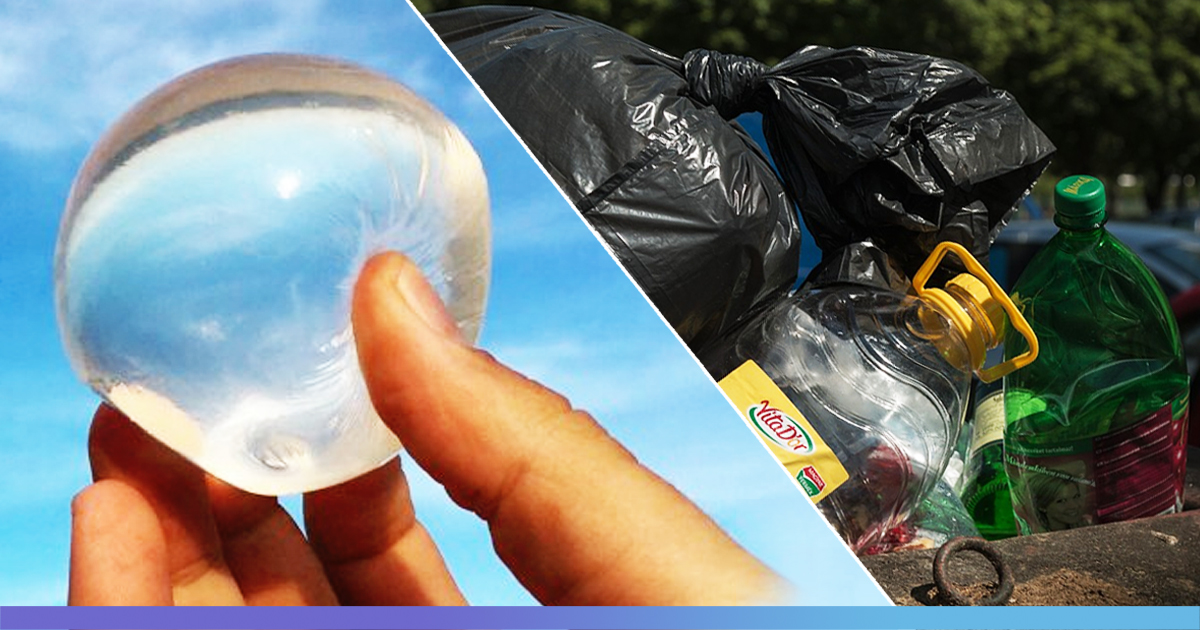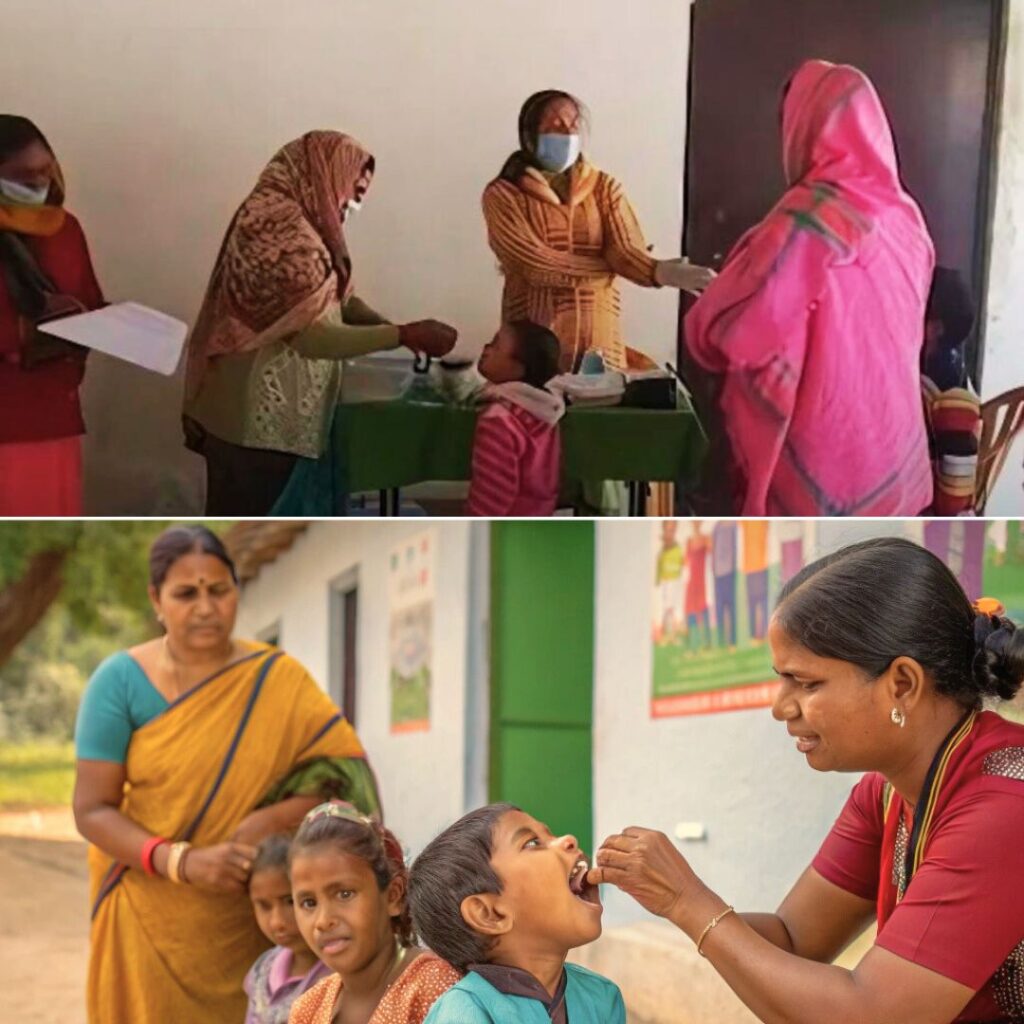This year on April 28, over 49,000 people ran the London Marathon, an iconic annual event. But this time, instead of plastic water bottles, they were given edible pods made of seaweed extracts when they reach mile 23.
Generally, a huge amount of plastic is generated during the endurance run, and this was the race organizers’ effort to reduce this amount. Their aim is to reduce the number of plastic bottles used by 200,000 participants.
A London-based startup called Skipping Rocks Lab has made the Ooho seaweed capsules. The production of these is cheaper than that of plastic, and the membrane forming the pod is tasteless and edible.
“What we use is the building blocks of seaweed,” said Rodrigo Garcia Gonzalez, one of the founders of the startup.
The Ooho seaweed capsules
For a plastic bottle to decompose, it takes 450 years or more. On the other hand, these pods, if not eaten, biodegrade within six weeks. This is the first time the pods will be used at a marathon.
“The marathon is a milestone … we are hoping we will demonstrate that it can be used at scale in the future,” Garcia Gonzalez had said, as reported by CNN Business.
These pods, which can be filled with a variety of liquids, are meant for people who are on the move, like music festival attendees and runners. “Espresso Martinis have been the most popular product at festivals, where eating the packaging is also part of the experience,” Garcia Gonzalez’s business partner Pierre-Yves Paslier said.
The duo, who had met when they were studying innovative design engineering in London, claim that their company aims to “make plastic packaging disappear.” The startup is now trying to develop machines which will be able to produce the capsules at scale. This way, they could lease them to companies interested to package their drinks and also other products like sauces.
Organizers of the London Marathon, however, did not stop here, but undertook other initiatives to make the event more sustainable this year. Reducing the total number of plastics to 704,000 this year from 920,000 in 2018, they served energy drinks at two other drink stations in compostable cups. Water bottles that were handed out this year were at least partially made of recycled plastic, and the containers which were discarded were recycled. This year, all registration materials and race instructions were digital and not printed. Further, it was promised that all clothes that the runners discard at the beginning of the race would be collected and sent for recycling or reusing.
Additionally, customary “recovery bags” given to runners at the finish line were made from 90% recycled plastic, without any unnecessary paper pieces.
“The changes and the trials we’re introducing for this year have the potential to change how mass participation events are delivered in future,” Hugh Brasher, the event director, who wishes to lead the way in sustainability.
A 2017 study published in the journal Science Advances said that only 9% of 8,300 million metric tons of plastic that has ever been produced was recycled, and another 12% was burnt in incinerators. The rest has often been sent to landfills, discarded improperly or has gone into the oceans. The deadly impact that plastic can have on the environment and living beings might often be irreparable.
While people are often ignorant and tend to improperly dispose of plastic despite knowing the consequences, this initiative by the London Marathon organizers is worthy of appreciation. However, even after the introduction of bottles made of seaweed extracts, a large number of plastic bottles were generated.
Absolutely horrific scenes at the London Marathon today! Why on earth they still use single use plastic bottles I have…
Sibel Akar ಅವರಿಂದ ಈ ದಿನದಂದು ಪೋಸ್ಟ್ ಮಾಡಲಾಗಿದೆ ಭಾನುವಾರ, ಏಪ್ರಿಲ್ 28, 2019
Also Read: No More Plastics Plates & Cutlery At Bengaluru Weddings, Civic Body Issues A Circular











